30 Military Aircraft Flying Right Now
Mil Mi-24 aka “Hind” Aircraft
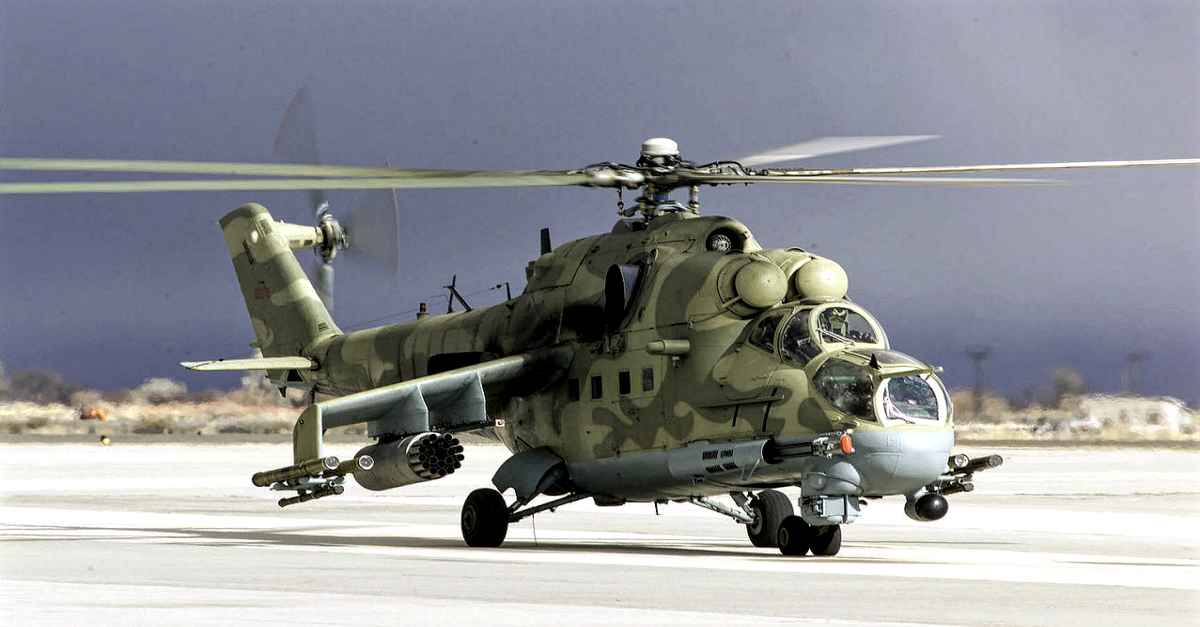
- Country of Origin: Russia
- Role: Attack Helicopter
- Career: 1972 – PRESENT
Soviet strategists watched the United States develop their helicopter program with alarming potential. Being able to transport infantry and equipment back and forth from the front lines drastically tipped the scales of conventional warfare. The Mi-24 attack helicopter was developed to give the Soviets a similar capability. Whoever could have guessed this iconic Hind helicopter would go on to serve in over a dozen theaters of war – delivering essential personnel and equipment to the battle while providing close air support for those on the ground, making it one of the coolest military aircraft still flying.
These Hinds were so heavily armored that they were essentially flying armored infantry transports. But, according to quite a few eye-witness accounts, the helicopter was still nimble enough to execute barrel rolls – a technique thought impossible by the Mi-24’s engineers. It’s known by its iconic glass-encased cockpit, which earned it the affectionate nickname “stakan” (drinking glass) from its early pilots.
Mikoyan MiG-35 aka “Fulcrum-F”
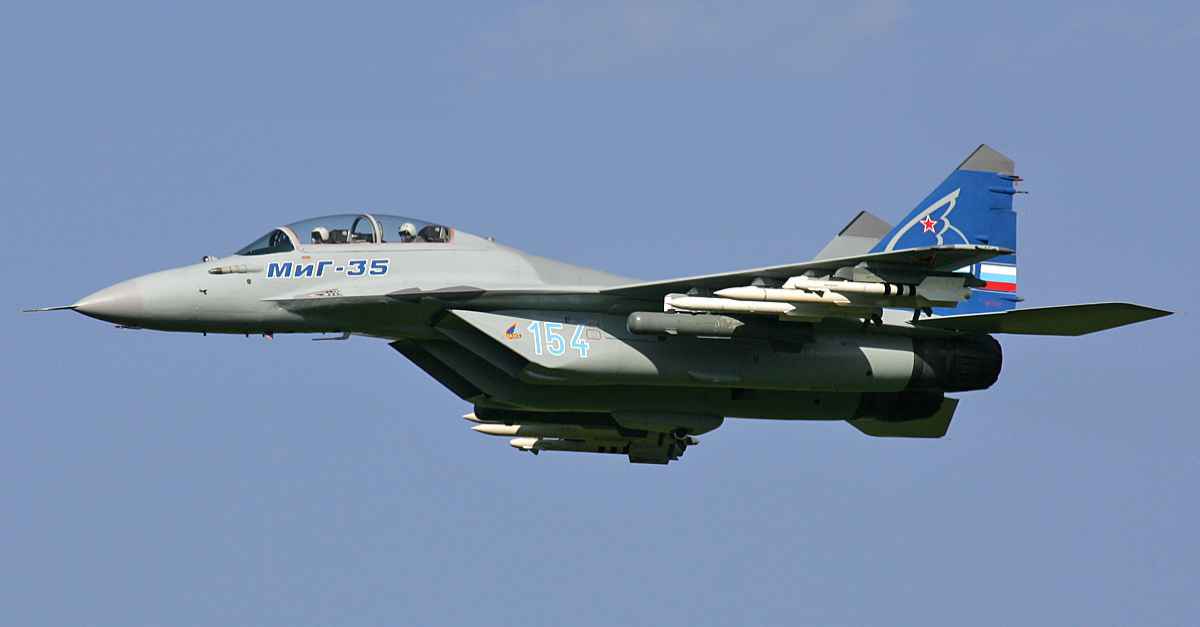
- Country of Origin: Russia
- Role: Multirole Fighter
- Career: 2018+
For over 20 years, the Mikoyan MiG-29 was one of the top predators of the sky. In modern times, advancements in technology are needed to keep air superiority fighters up to snuff with a forthcoming wave of fifth generation jet fighters like the F-35 and F-22. Enter the MiG-35.
Keeping many of the design elements that made the MiG-29 one of the coolest military aircraft, the MiG-35 seeks to improve upon existing avionics and radar technology to keep it safer in hostile environments. It’s still a massively cool jet fighter to see in action. Capable of sustaining speeds up to 1,491 mph (Mach 2+) and an internal fuel capacity of 620 miles, the MiG-35 promises to be a multi-role jet fighter that can match fifth generation competitors hitting the skies.
Chengdu J-20
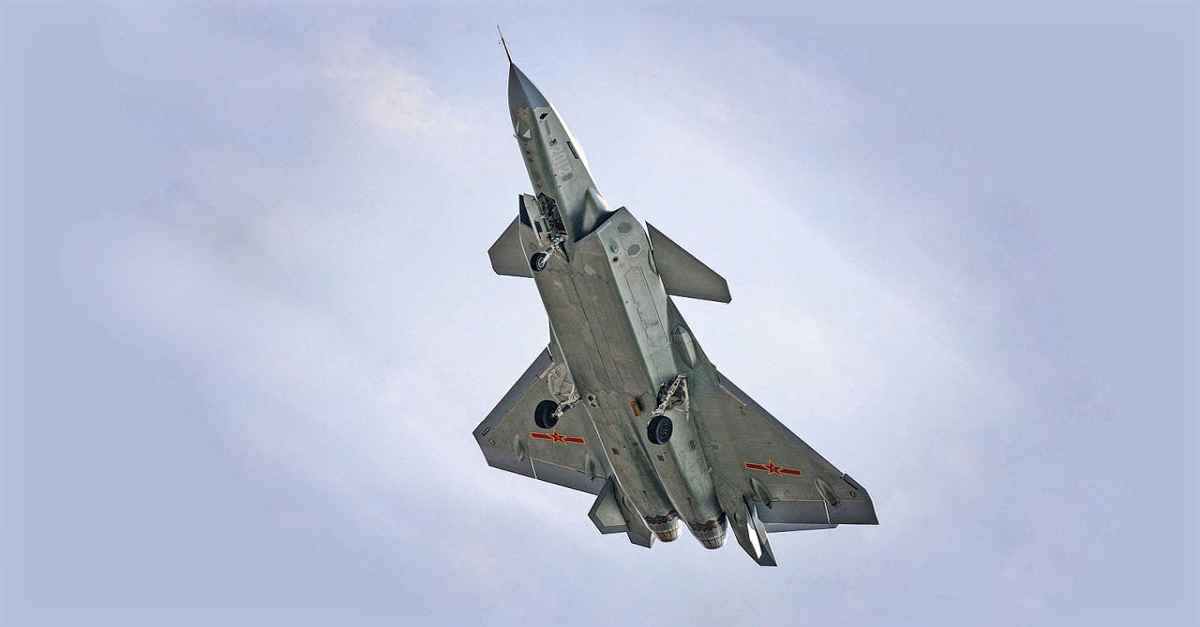
- Country of Origin: China
- Role: Multi-role Fighter
- Career: 2018+
With the developments of the F-35 and F-22 programs for the United States, the term “fifth generation” has gained a lot of attention. Fifth generation jet aircraft are designed to do a bit of everything – from air superiority to stealth missions to long-distance bombing runs. The Chinese aren’t willing to take a backseat in developing their own impressive fifth generation multi-role attack aircraft. The Chengdu J-20 is still in development but is expected to closely match the speed and technology of the F-35. After all, there is rampant speculation that a breach of Lockheed-Martin’s F-35 Lightning II program may have heavily assisted the Chinese in developing their newest generation of stealth multi-role aircraft.
Bell AH-1 Cobra
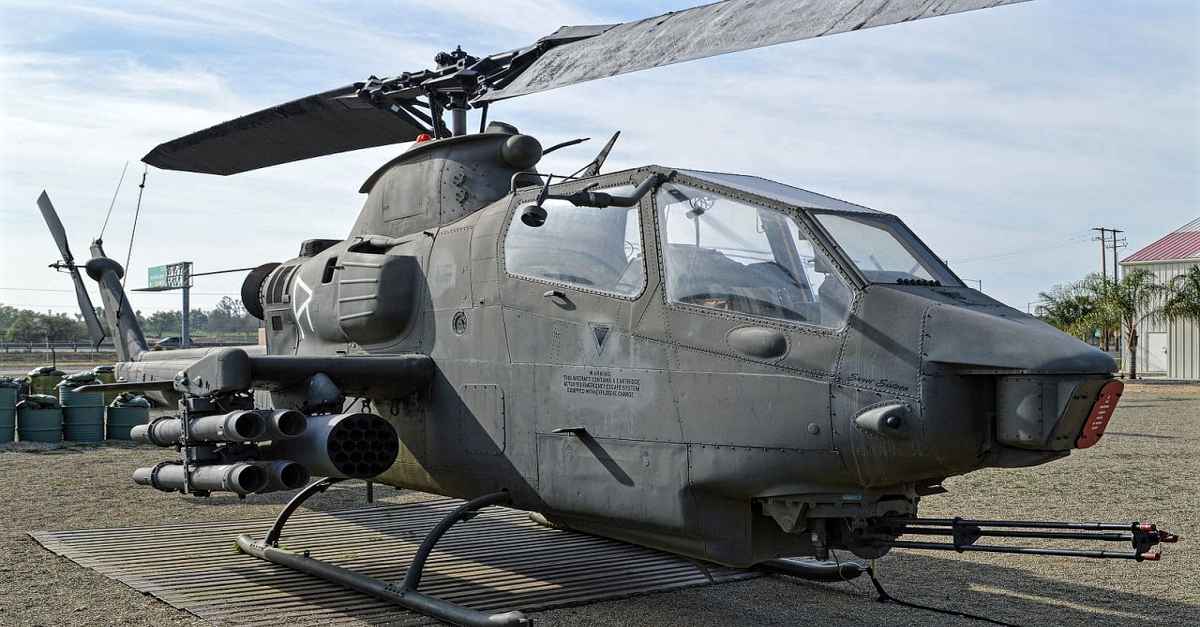
- Country of Origin: United States
- Role: Attack Helicopter
- Career: 1967 – PRESENT
The AH-1 Cobra arrived just in time for the Tet Offensive in Vietnam. It was the first of its kind – a sleek, able-bodied attack helicopter that could swoop down low and deliver an astounding assortment of munitions in short time. It earned its name as “the viper” of attack helicopters. Looking at an AH-1 Cobra, it looks remarkably different than any of the other helicopters developed in the late 1960s. The Cobra had a single function and role – hunting. It could patrol overhead and provide unparalleled close air support to ground forces. The Cobras were later supplanted by the Apaches but quite a few were upgraded into Super Cobras. These maintain their welcome to the rotary wings of the Marine Corps.
Kawasaki OH-1 aka “Ninja”
-
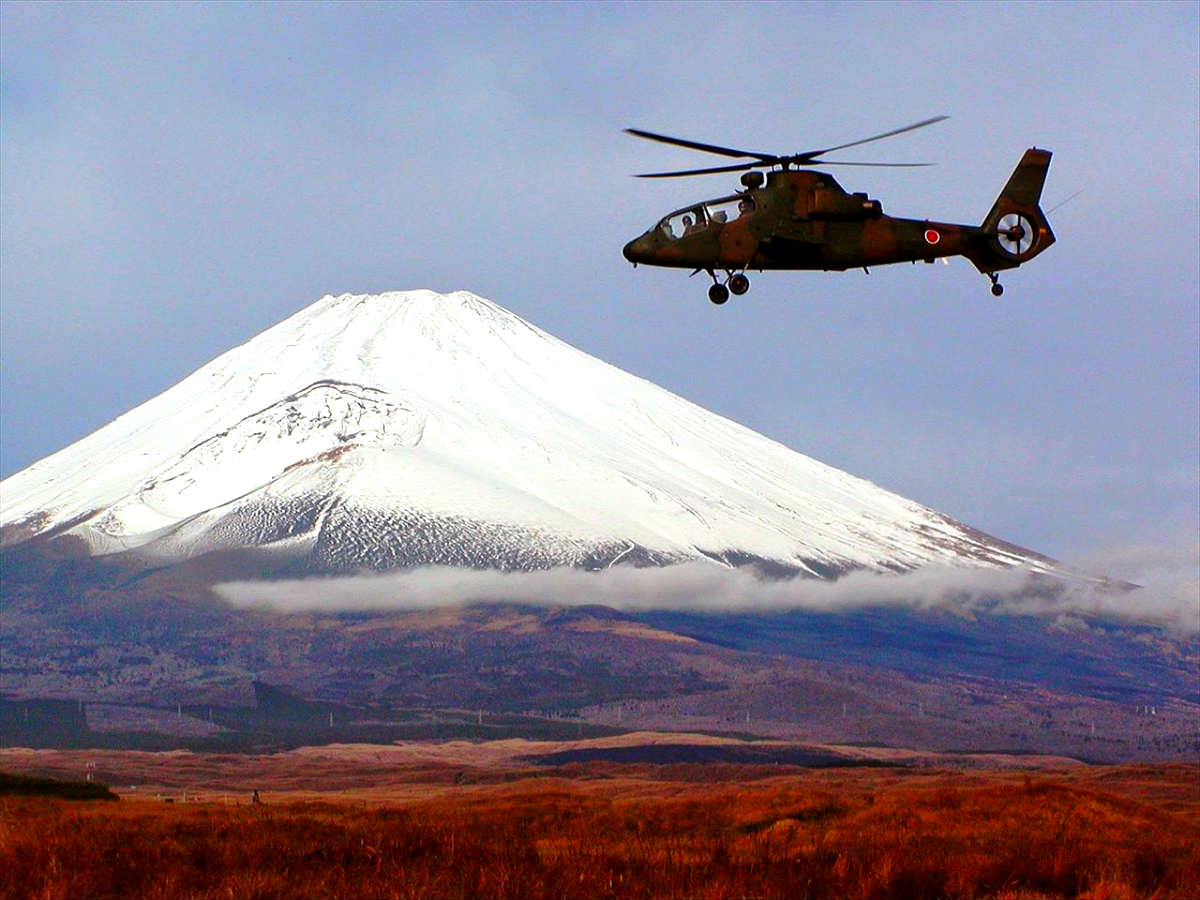 OH-1 Ninja helicopter flies near Mount Fuji
OH-1 Ninja helicopter flies near Mount FujiJapan Ground Self-Defense Force - Country of Origin: Japan
- Role: Scout Helicopter
- Career: 1996 – PRESENT
Surrounded by vast swathes of ocean on all sides, the Japanese Defense Force needed a helicopter that could quickly go out and scout the surroundings. The Kawasaki OH-1 Ninja can serve as both a scout and an attack helicopter. It is predominantly launched from the back of one of the JDF’s naval ships to perform quick response and interdiction missions. The OH-1 version is purely for observation and scouting purposes. They made an AH-2 variant that can hold air-to-air missiles and be used for fast attack purposes. The one thing that really stands out about this craft is the speed it can move – 173 mph. This means not only can the OH-1 quickly get on location, it can maneuver quite deftly in a hostile environment.
General Dynamics F-16 Falcon
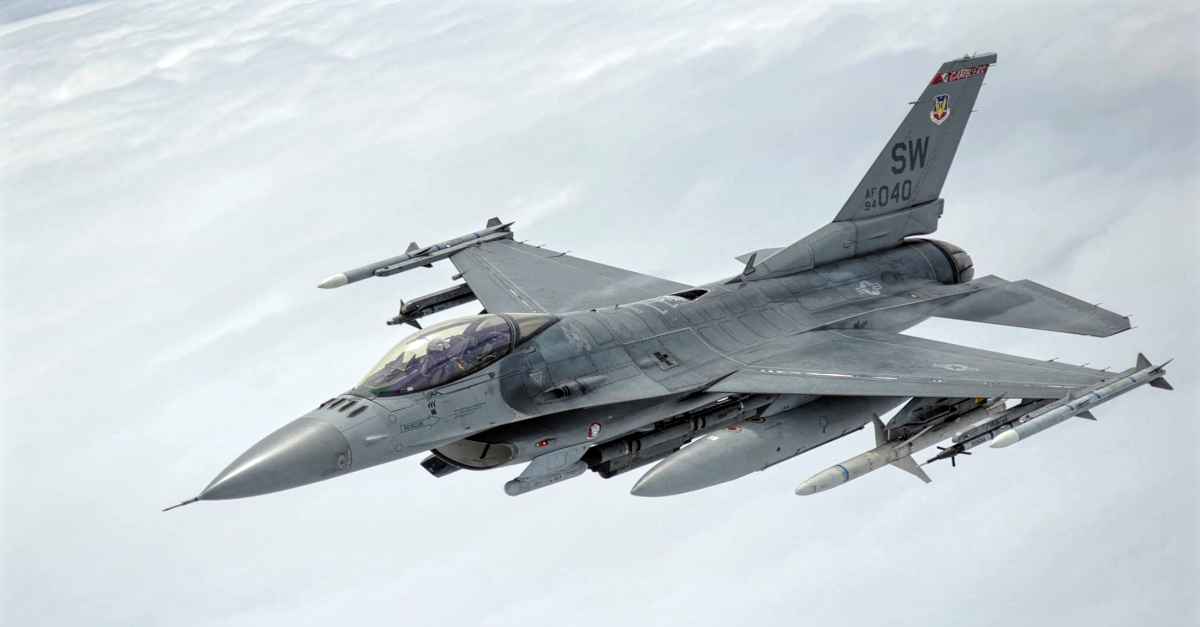
- Country of Origin: United States
- Role: Multi-role Jet Fighter
- Career: 1974 – PRESENT
The F-16 Falcon may be one of the most widely produced American-made jet fighters. Flying into service in 1974, the F-16 still presently serves as a multi-role attack fighter capable of intensive dog-fighting and air superiority missions. Presently, the F-16 is produced by Lockheed-Martin after Lockheed bought out General Dynamics. This fighter jet is produced and sold to other countries like Turkey, Egypt, Poland and others.
Capable of holding a wide array of armaments as well as the latest in electronic warfare technology, this nimble single-pilot fighter has proven to be an industry standard for jet fighters. The Falcon was credited with up to 44 air-to-air kills during the 1982 war between Lebanon and Israel, making it an accomplished jet fighter in one of the largest aerial battles to date.
Northrop B-2 Spirit
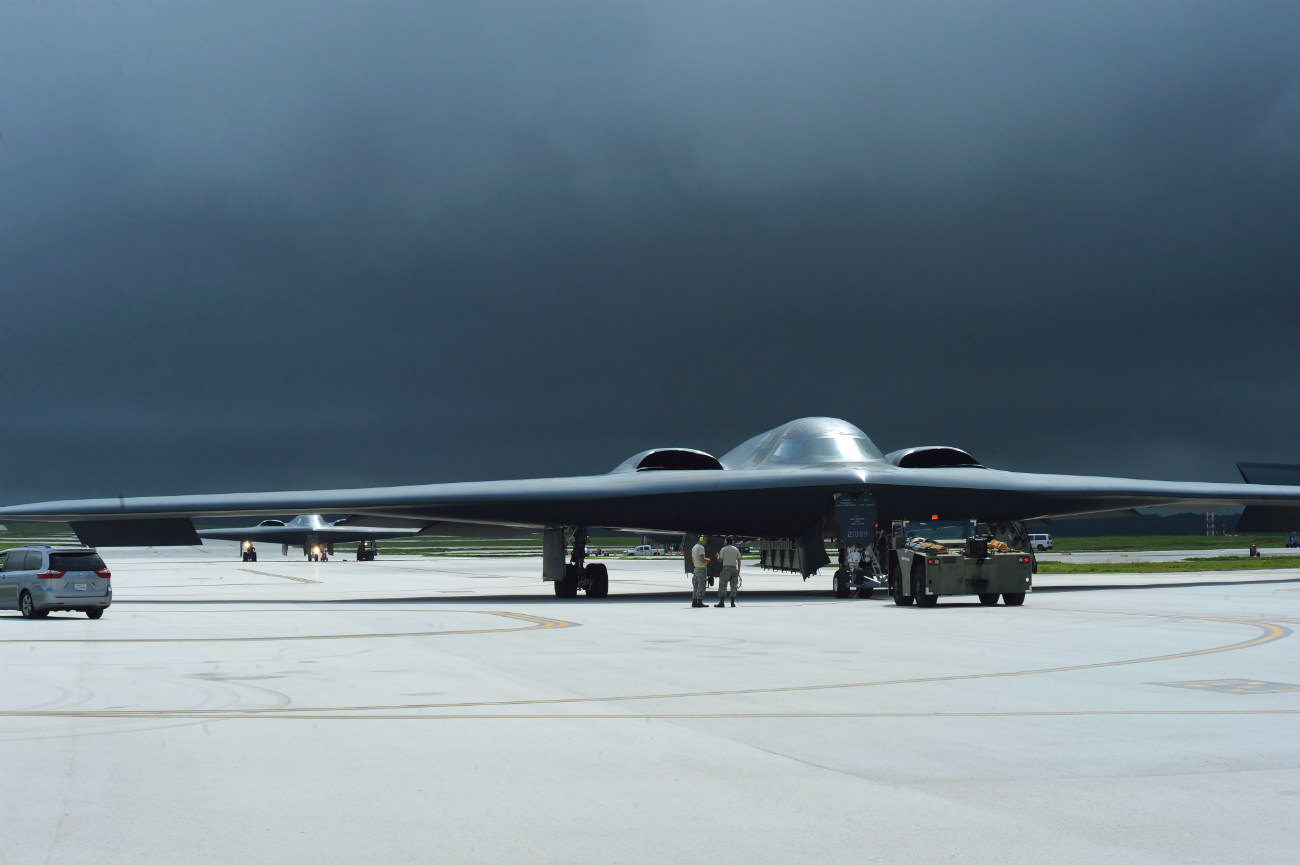
- Country of Origin: United States
- Role: Stealth Bomber
- Career: 1997 – PRESENT
The Horten Ho 229 was an advanced special weapon developed by Nazi Germany towards the end of World War II. Built almost entirely out of wood, this precursor to jet fighter technology could achieve speeds of up to 620 mph and carry a payload of almost 1,000 lbs of ordinance. Despite the decades between their developments, the Horten Ho 229 and Northrop’s B-2 Spirit share some striking similarities in design. The B-2 Spirit was developed in the late 1990s to improve on America’s first strike nuclear capabilities. It could hide seamlessly at 50,000 feet and drop precision-guided ordinance on target.
This is a program that was shrouded in secrecy and the subject of quite a few espionage cases. It’s no surprise that captured technology from the end of WWII would go on to influence the design of a stealth bomber that is still actively in service. There are plans to upgrade to a B-21 stealth bomber but America presently relies upon the B-2 to maintain its continual strategic presence worldwide.
Saab Gripen aka “Griffin”
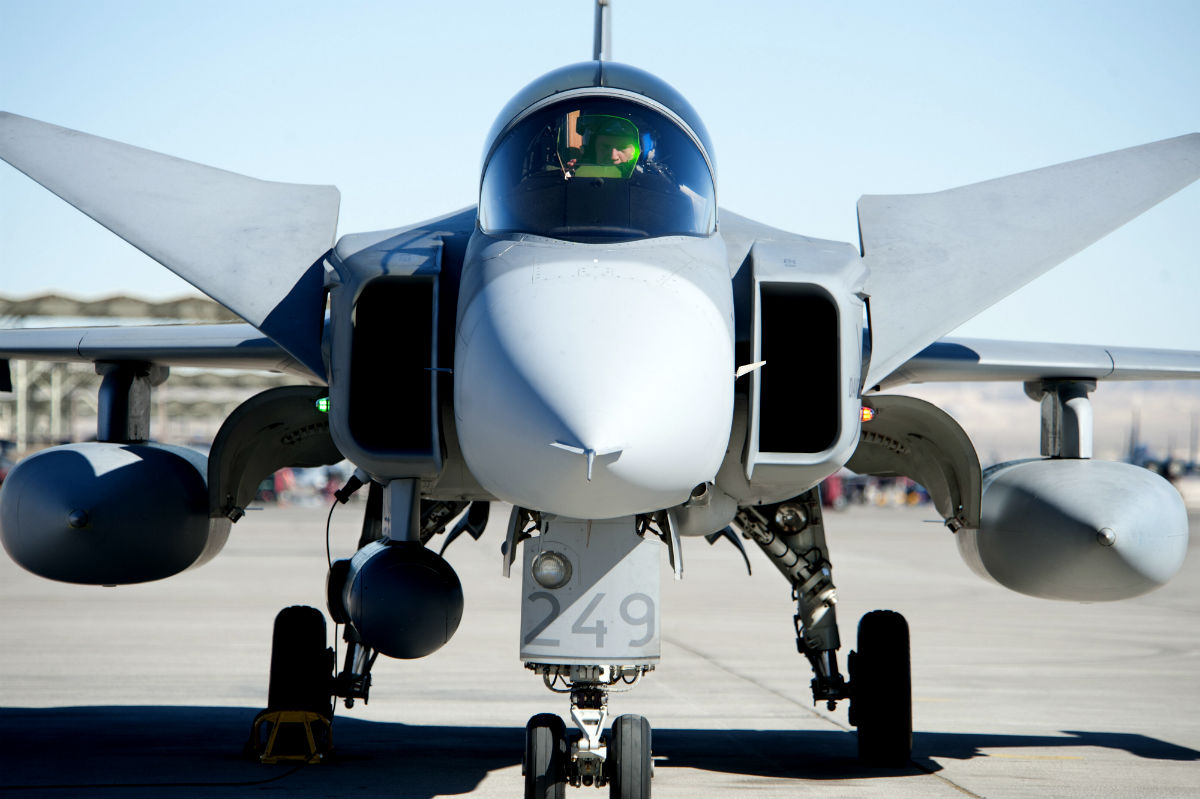
- Country Of Origin: Sweden
- Role: Jet Fighter
- Career: 1997 – PRESENT
The product of nearly twenty years of design, the Saab Gripen has become a premier fighter attack aircraft in the fleets of Sweden and many other European allies. Capable of sustained Mach 2 speeds and a decent combat radius of 497 miles, this attack aircraft went through many revisions and changes before it ever took to service in 1997. Since hitting the air, the Gripen has served in over 650 combat sorties for Sweden and become a trusted, versatile aircraft in the fleets of her nearby neighbors.
Chengdu J-10 Vigorous Dragon aka “Firebird”
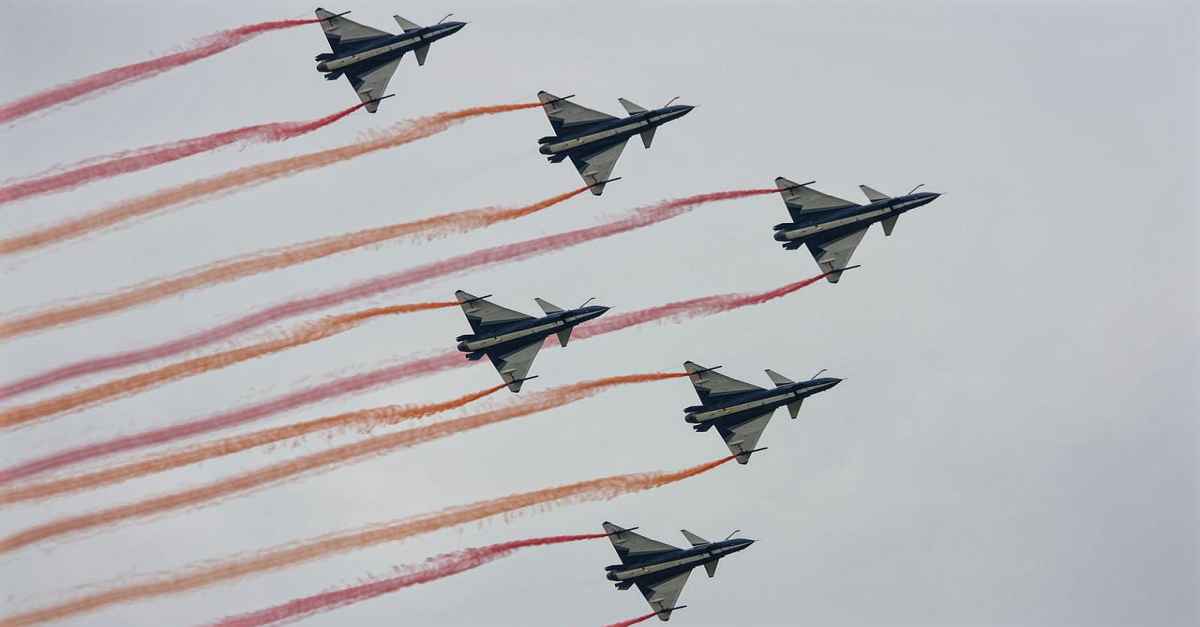
- Country of Origin: China
- Role: Jet Fighter
- Career: 2005 – PRESENT
Heavily influenced by design elements in the Saab Gripen and Russian MiG-29, the Chinese J-10 seems to be a great new addition to the People’s Liberation Army Air and Naval Air Force. Capable of sustained Mach 2 flight and a combat range of 342 miles, it appears to be an ideal lightweight attack fighter capable of deterring littoral water operations in the South China Sea. The Chinese created the aircraft to serve as a counter-balance to the existing fleet of F-16s and F/A-18s circulating through neighboring countries’ air forces. It has yet to see combat action but has an excellent test record to date.
Lockheed AC-130 Spectre
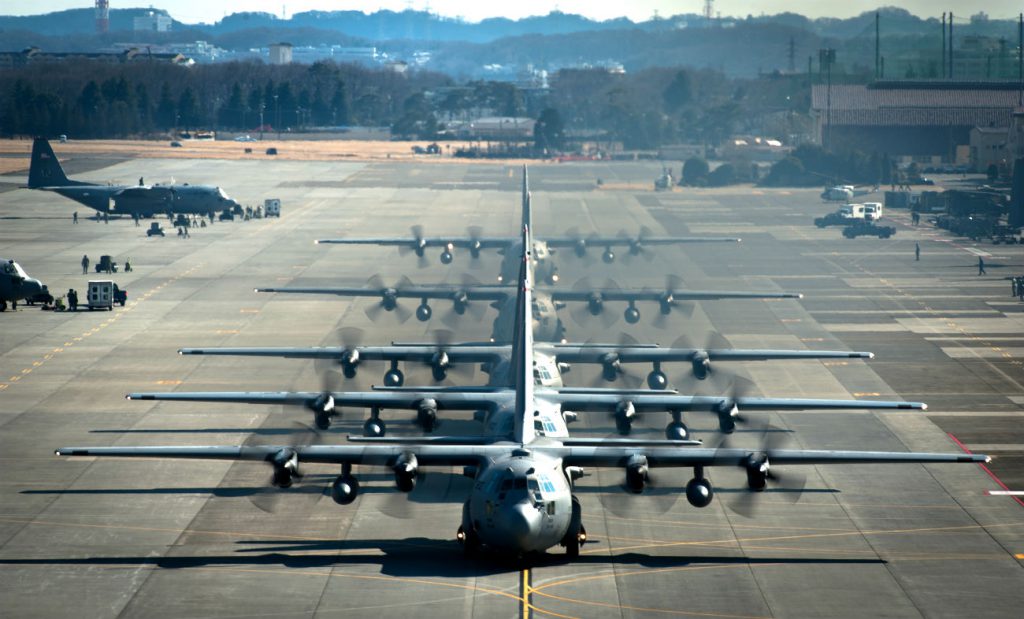
- Country of Origin: United States
- Role: Fixed Wing Ground Attack
- Career: 1968 – PRESENT
In a former life, the AC-130 gunship was just an average prop transport craft. Great for dropping gear or personnel, the C-130 has been a quintessential transport plane for the United States military since the mid-1950s. However, all of that changed when during the Vietnam War, the United States realized it needed an armored airplane that could hover over the battlefield and deliver a punishing amount of close air support.
That’s when Lockheed was commissioned to take over some Hercules C-130s and turn them into beefed up close air support attack airplanes. Now, the AC-130 is a feared presence on the battlefield. Capable of flying in tight circles above the battle space, it can be equipped with the M61 Vulcan miniguns, Bofors 40 mm cannon, and even a modified Howitzer. One thing is clear – no enemy on the ground ever wants to hear an AC-130 overhead.
Sukhoi Su-35 aka “Flanker-E”

- Country of Origin: Russia
- Role: Multi-role Jet Fighter
- Career: 2008 – PRESENT
The Su-27 “Flanker” is an absolute menace in the sky. Capable of deft high-speed maneuvers, a dizzying array of armaments and a combat radius that makes it a threat, this air superiority aircraft was modified into the Su-35 to give it a much needed technological face-lift to keep it current with the other birds in the sky. The Su-35’s engines are more powerful and reliable than the Su-27 and it can carry more air-to-ground attack weapons than its predecessor. This Su-35 would serve as a bridge between an older generation of Russian jet fighters and a new emerging fifth generation stealth multi-role aircraft that are being developed. At present, the Su-35 “Flanker-E” can stand toe-to-toe with the likes of the F/A-18 Hornet and the current fleet of Eurofighter Typhoons used by NATO European allies.
F/A-18E/F Super Hornet
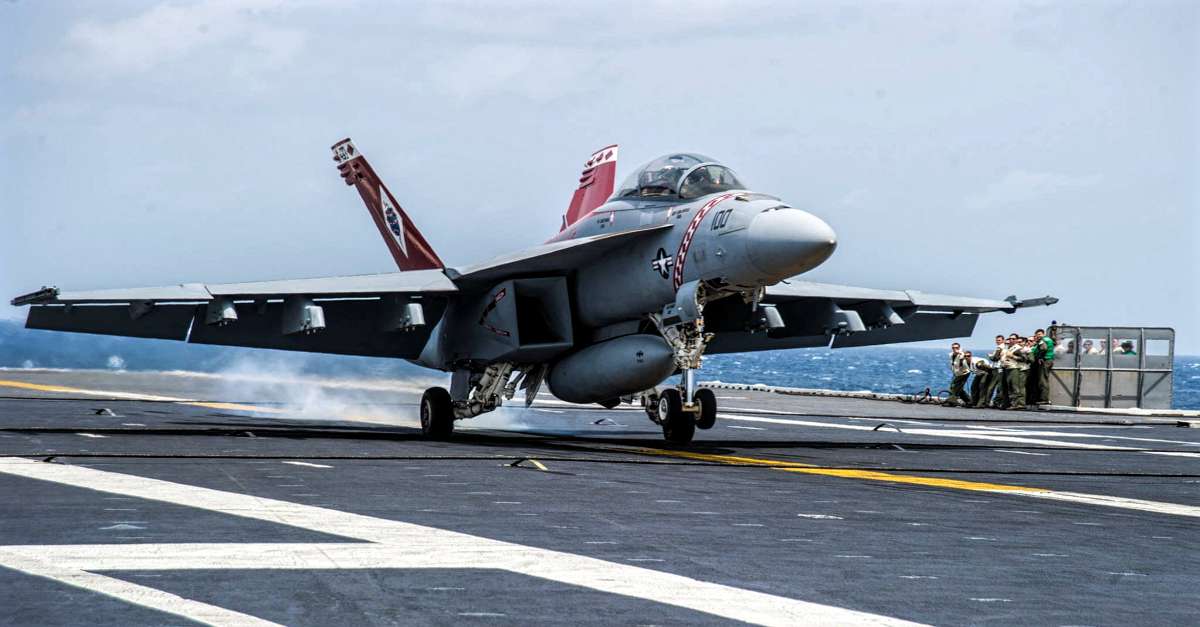
- Country of Origin: United States
- Role: Multi-role Jet Fighter
- Career: 1999 – PRESENT
The F/A-18E/F Super Hornet is an upgrade to an aging fleet of F/A-18s that needed to be able to take off and land on aircraft carriers. These slim, highly maneuverable aircraft could take on a wide array of missions from air superiority to close air support. This Super Hornet has a limited stealth capability attributed to its redesign – making it a bridge between older American jet fighters and a newer fifth generation of multi-role stealth fighters like the F-22 and F-35.
While the fifth generation of jet fighters earn their marks in testing, the F/A-18E/F Super Hornets are serving active roles on the front lines of America’s strategic presence across the globe. The Navy has a distinct love for these jet fighters because they can take off quickly, dog-fight the current competition, and deliver payload on target – all while ratcheting just below the cut-off of Mach 2.
Sukhoi PAK FA T-50
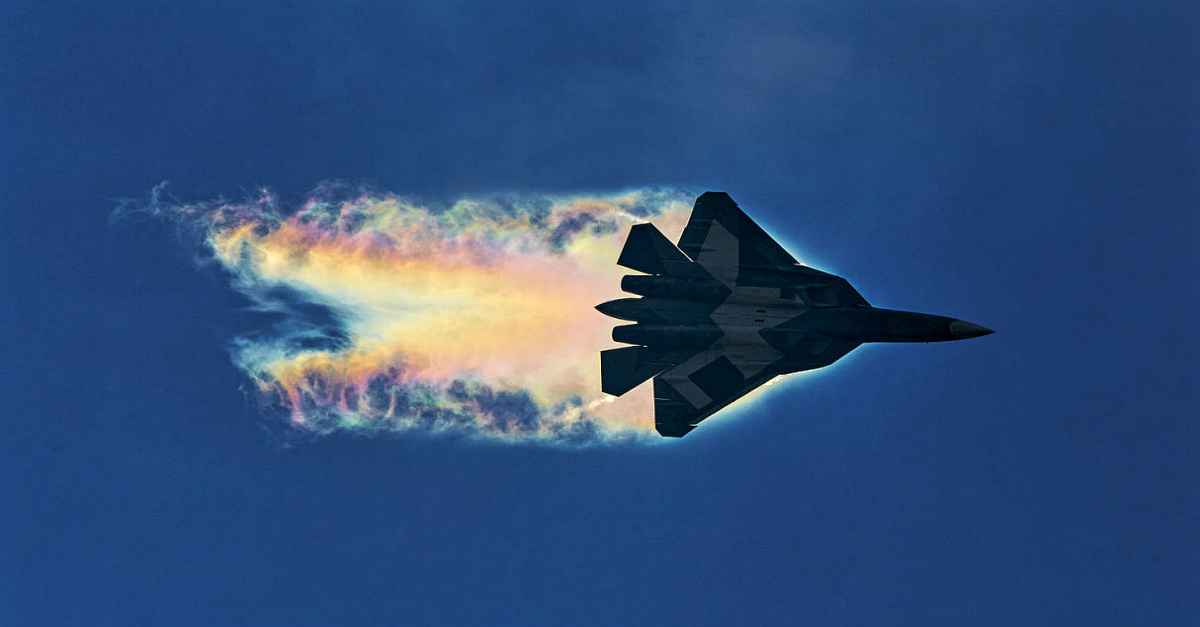
- Country of Origin: Russia
- Role: Multi-role Stealth Jet Fighter
- Career: 2018+
The Russians are currently developing a much anticipated successor to the MiG-29 and Su-27 – which have carried their own weight as reputable air superiority aircraft. The Sukhoi PAK FA T-50 promises to take the best elements of both aircraft and add in the latest stealth technology Russia has to offer. With a max speed of Mach 2, it has an astounding combat effective range of 2,175 miles and an absolutely insane +9.0 g load. This puts it in the same category as future F-35s and F-22s. Whoa be to any older gen fighters stuck in the air at the same time as these attack dogs – they’re equipped with the latest radar and electronic warfare technology and aren’t afraid to show up the competition.
Bell Boeing V-22 Osprey
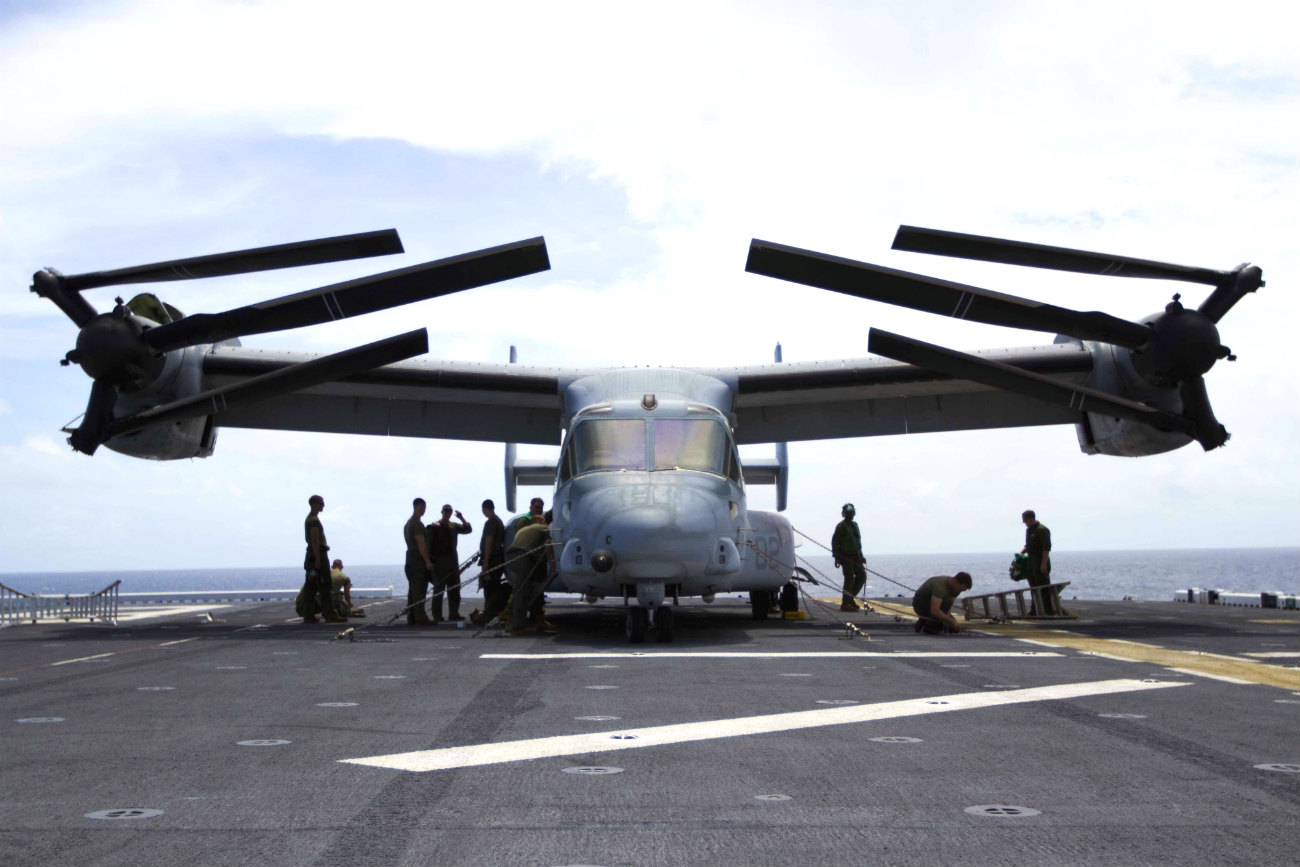
- Country of Origin: United States
- Role: Military Transport (S/VTOL)
- Career: 2007 – PRESENT
The V-22 Osprey has become America’s premier tiltrotor military aircraft capable of making extremely short take-offs and landings. The V-22 replaced an aging fleet of CH-46 Sea Knights and were quickly embraced by the Marine Corps as a means to get supplies and personnel to the front lines. Capable of being launched from the back of a naval ship or touching down on tarmac, the V-22 took a long time to develop but has proven itself as a reliable mode of transportation. It’s also one of the few aircraft in the world that can transform from a fixed wing propeller aircraft into a rotary wing aircraft.
Fairchild Republic A-10 Thunderbolt II
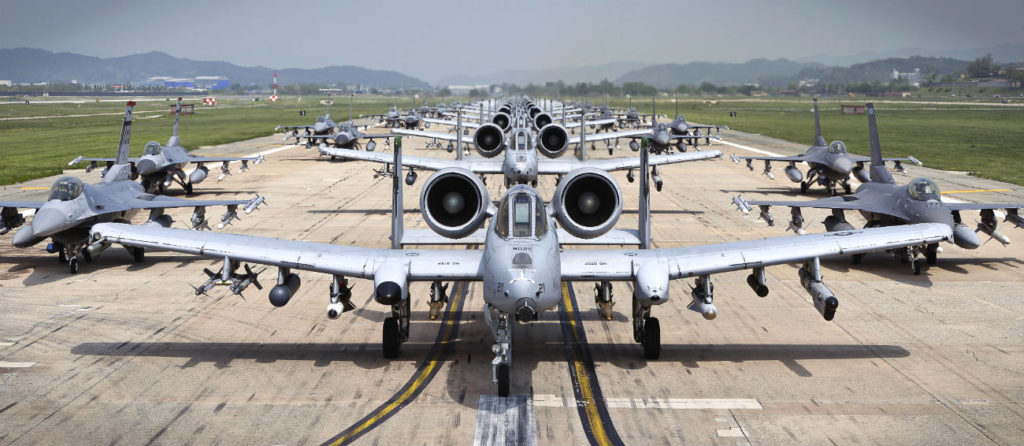
- Country of Origin: United States
- Role: Fixed Wing Ground Attack
- Career: 1977 – PRESENT
While the A-10 Thunderbolt II entered service officially in the late 1970s, it truly earned its stripes in the Persian Gulf War. That’s where it was credited for 900 tanks, 2,000 military vehicles, and 1,200 artillery pieces. It also achieved its first air-to-air confirmed kill against a helicopter. Make no mistake – this Warthog isn’t about to win any beauty pageants for sleekest design or most maneuverable in a dog-fight. It has one mission – carry a lot of ordinance and deliver it to ground targets at low altitude.
Because it has such an exposed role, the Warthog has been upgraded with titanium armor around the undercarriage cockpit to give it a better chance of withstanding combat damage. With all its allure and fan-appeal, this aging powerhouse is set to be replaced by the F-35 Lightning II as soon as it is ready for service.
Lockheed-Martin F-35 Lightning II
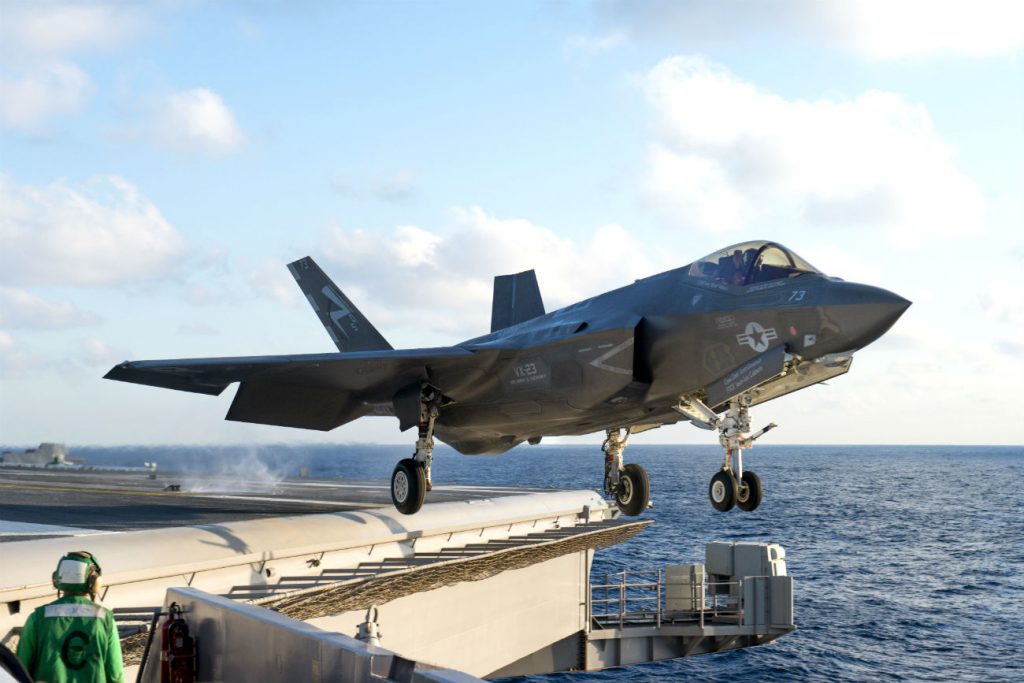
- Country of Origin: United States
- Role: Fifth Generation Stealth Multi-role Fighter
- Career: 2015+
For a generation of people who grew up admiring the F-15 Eagle, F-16 Falcon, F/A-18 Hornet, and the A-10 Warthog, there’s some mighty big shoes to fill for the upcoming F-35 Lightning II. However, Lockheed-Martin has reported that the first variants of the F-35 are making their way to the Marine Corps and other variants will be short to follow. The F-35 is meant to be a fifth generation jet fighter. From air superiority to close air support, the F-35 is predicted to be a major game changer when it finally makes it out to the fleet.
There are plans to give the beloved F-15s, F-16s and F-18s life extensions so they can support the transition to a new generation of multi-role aircraft. In the meantime, the F-35 has certainly turned heads for both controversial political reasons as well as aeronautic achievement. Broken into three initial variants, the first one out the door is the F-35B. It promises to be a short take-off and landing (STOL) version specifically requested by the Marine Corps to replace its Harrier fleet.
Sikorsky CH-53K King Stallion
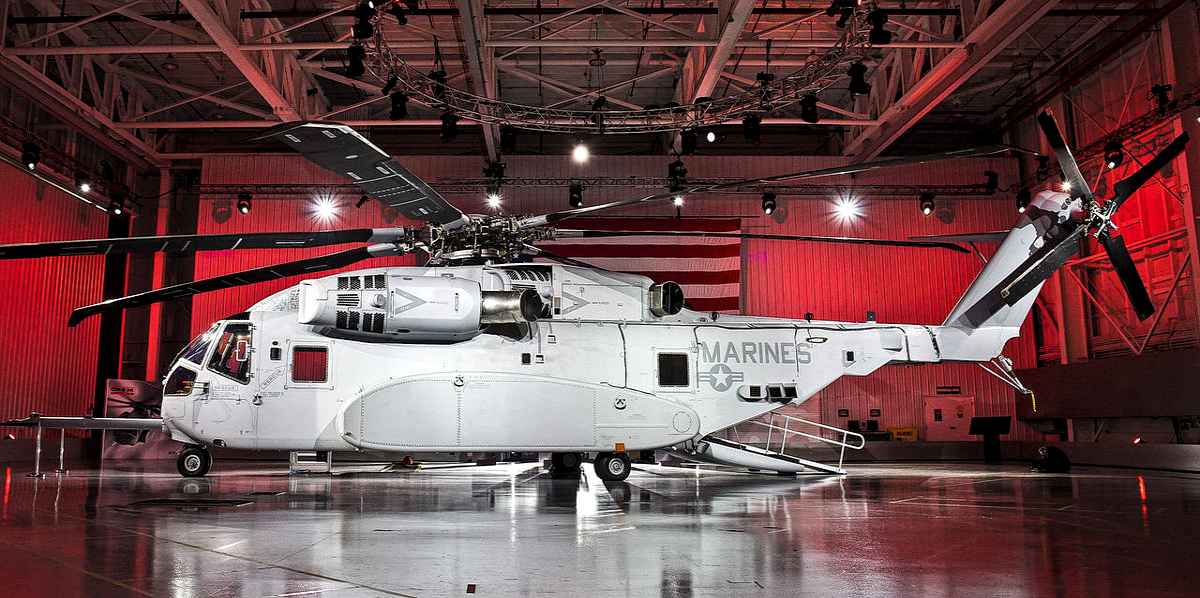
- Country of Origin: United States
- Role: Heavy Transport Helicopter
- Career: 2018+
When the Marine Corps says it wants its heaviest gear delivered now, it means yesterday. That’s the idea behind the Sikorsky CH-53K King Stallion. It’s a heavy-lift helicopter designed to pick up 35,000 pounds and deliver it up to 126 miles to shore. The King Stallion is an evolution of previous requests by the Marine Corps to create a helicopter that can take bulk shipments of gear and deliver them to the front. The King Stallion is an improvement on previous CH-53s like the Super Stallion and Stallion, which have both served long careers in the Marine’s rotary fleet.
Sikorsky UH-60 Black Hawk
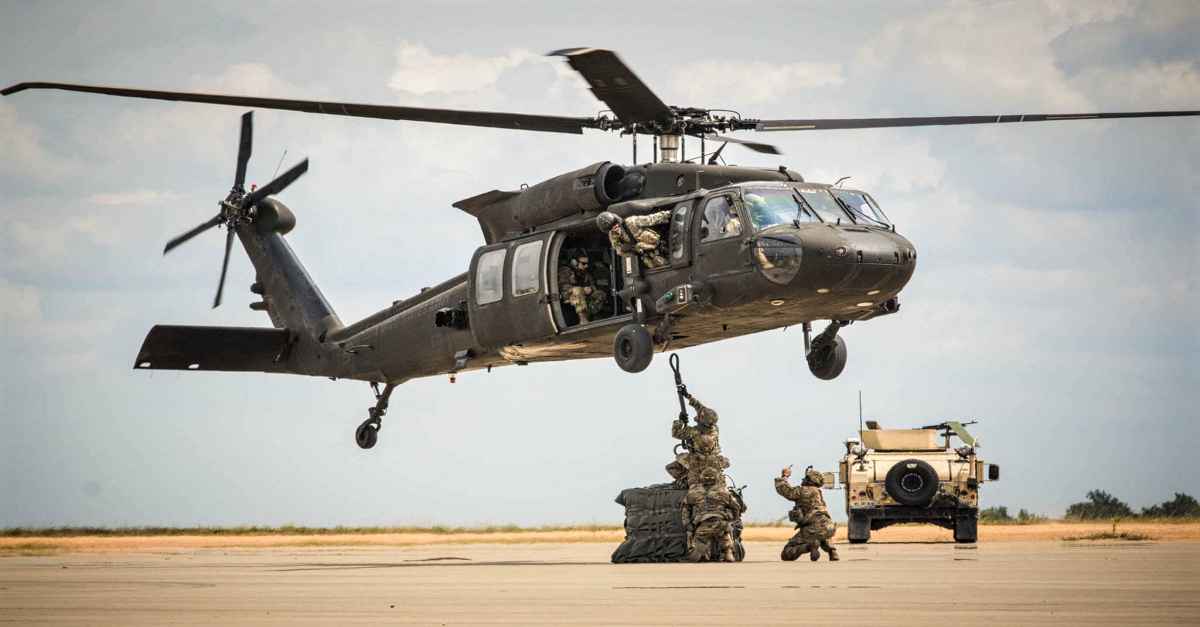
- Country of Origin: United States
- Role: Utility Helicopter
- Career: 1979 – PRESENT
No other rotary aircraft in the United States Army has potentially seen such a variety of conflicts as the UH-60 Black Hawk. Made famous by the movie Black Hawk Down, it has been used to transport sticks of up to eleven men to the front lines with all their gear. This makes it an ideal transport and utility aircraft, capable of having manned gunners provide suppressing fire while infantry either rappel from the side or get dropped off on the ground.
It’s also become a very versatile medical evac helicopter, maneuvering into extremely tight spaces and getting up to six stretchers worth of wounded out of the conflict region. Used in humanitarian crises as well as active conflict regions, the UH-60 has earned its trusted reputation as a multi-role utility helicopter. So trusted, in fact, that the Marine Corps maintains a UH-60 for Presidential transport details.
Dassault Rafale “Burst of Fire”
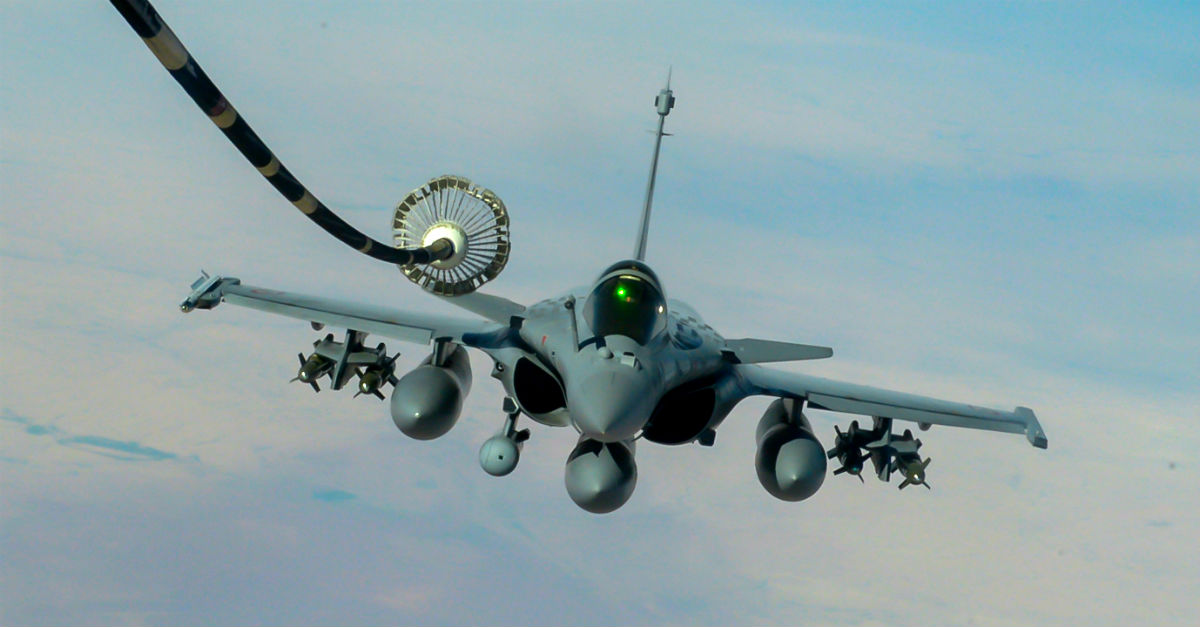
- Country of Origin: France
- Role: Multi-role Jet Fighter
- Career: 2001 – PRESENT
By the end of the 1970s, the Cold War was beginning to slow down. Maintaining a wide fleet of different, single-purpose aircraft was both expensive and hard to sell to other prospective countries. France wisely decided to consolidate and create a fighter attack aircraft that could do it all. Though it took over twenty years before it saw service, the Dassault Rafale is considered to be a “one size fits all” approach to military avionics. Capable of close air support, air superiority, ground strikes, and even nuclear deterrence, the Rafale looks very similar to the Saab Gripen and is pretty comparable in terms of capabilities.
Shenyang J-11
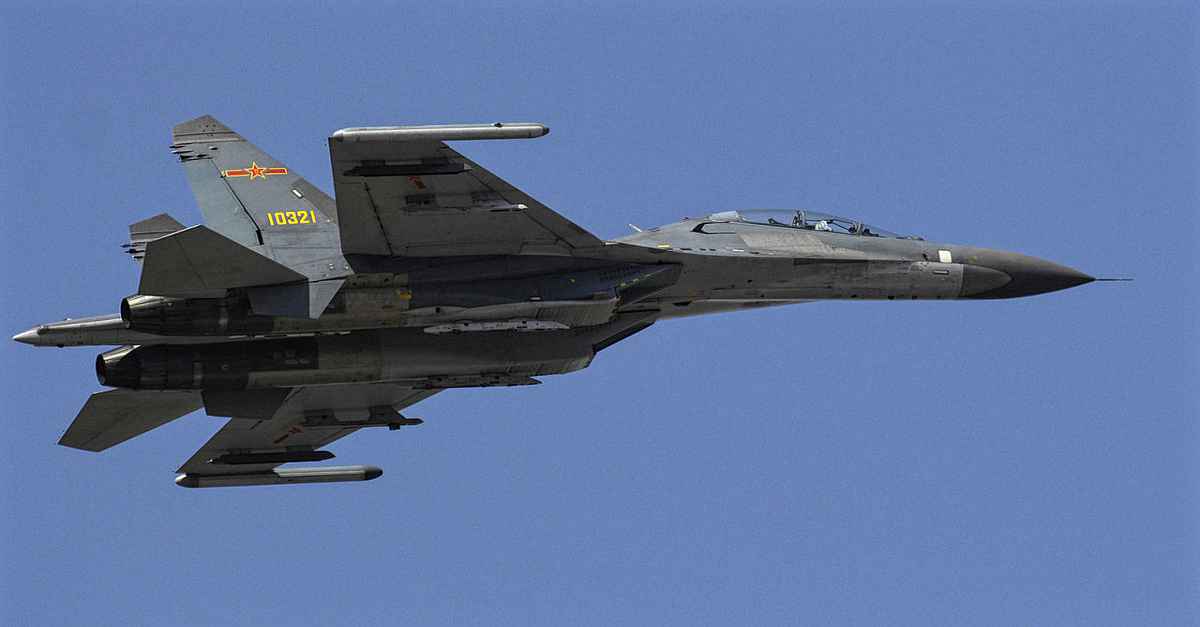
- Country of Origin: China
- Role: Multi-role Jet Fighter
- Career: 1998 – PRESENT
When the Russians developed the Su-27 Flanker there were plenty of competitors, but no one could clearly best it. Therefore the Chinese, looking to upgrade their existing fleet of air superiority fighters, decided that the Su-27 would be a good base model to work off of.
That’s where the Shenyang J-11 comes into play. Introduced in the late 1990s, the Shenyang J-11B was first seen closely by the American Navy in 2014 when it intercepted one of the Navy’s anti-submarine planes in the South China Sea. According to reports issued from the U.S. Navy, the J-11 did several close passes, showing its undercarriage and weapons array to the aircraft. While the incident took place in international air space, China assumed no wrongdoing in the incident.
Boeing CH-47 Chinook
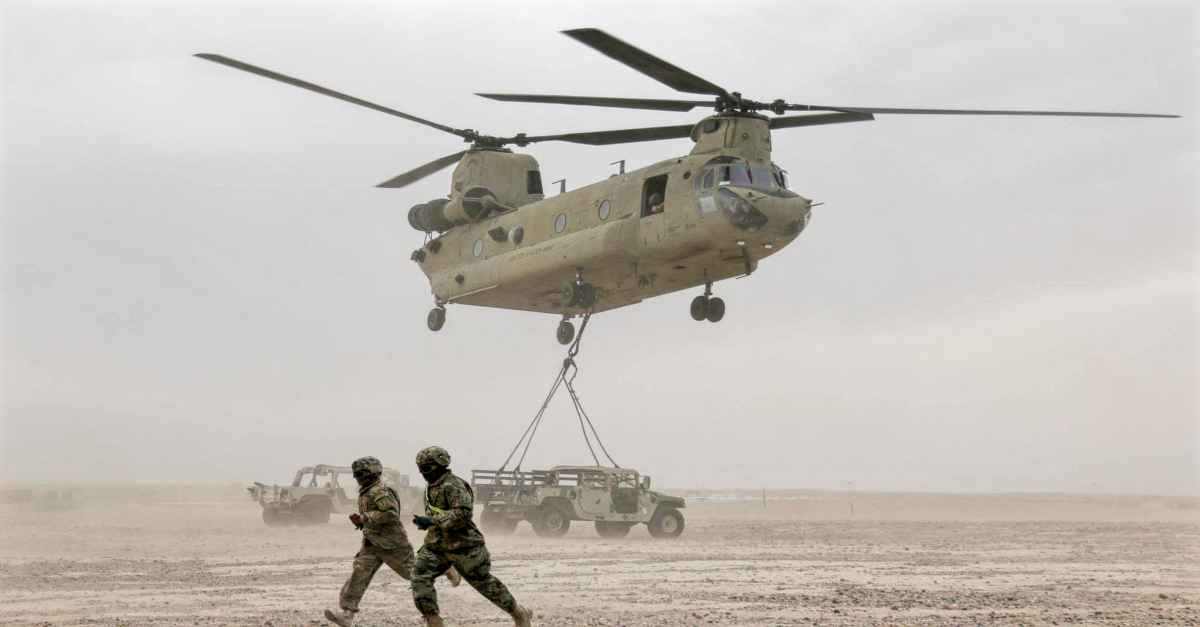
- Country of Origin: United States
- Role: Transport Helicopter
- Career: 1962 – PRESENT
One of the longest serving transport helicopters still in active service, the CH-46 Chinook can carry a full platoon of men and their gear up to 200 miles away before needing to return for refuel. It’s one of the reasons why the CH-46 has seen active use in every major humanitarian aid and combat operation the United States has undertook since being introduced in Vietnam. Despite having a record of service of over fifty years, there are no plans to replace this helicopter. By the end of its career, it will likely be the longest serving rotary aircraft in the United States military.
Mikoyan MiG-29 aka “Fulcrum”
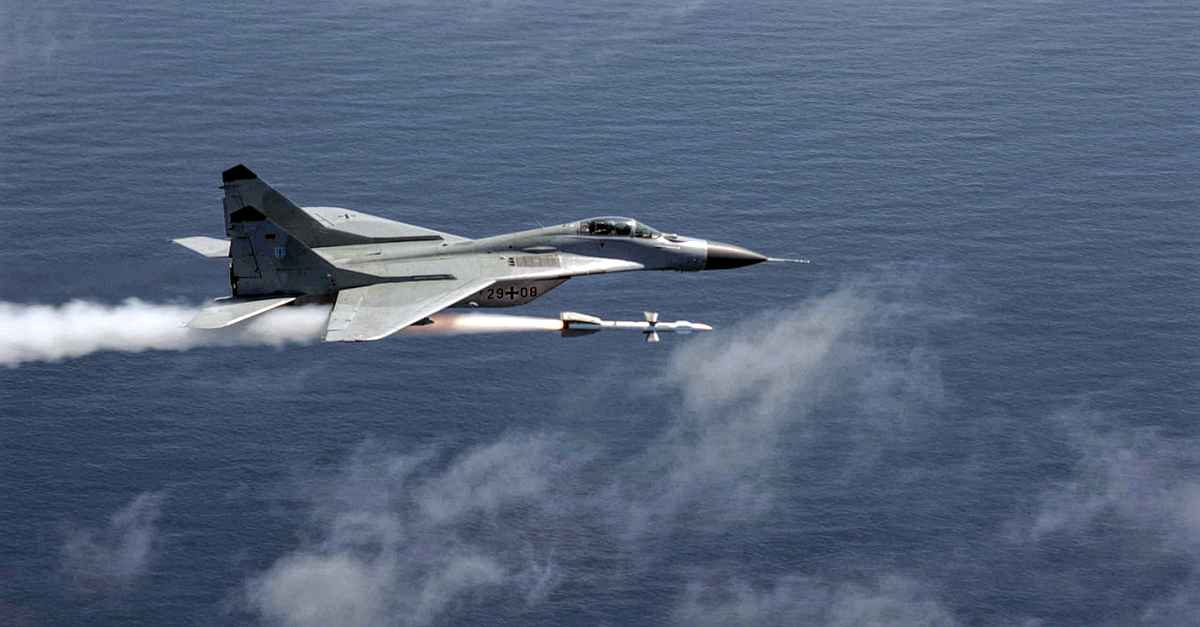
- Country of Origin: Russia
- Role: Multi-role Jet Fighter
- Career: 1982 – PRESENT
No other contemporary fourth generation jet fighter strikes fear into the hearts of F-16 Falcon pilots like the MiG-29 Fulcrum and Su-27 Flanker. Created in an era where multi-role support was critical to mission success, the Soviet Union tasked the MiG-29 with everything from patrolling contested air space to providing close air support. Several countries have reported mysterious air-to-air hits from alleged MiG-29s – such as in the 2008 Georgian crisis. Russia has always denied having any such aircraft in the air at the time.
At present, this generation of fighter aircraft are scheduled to be revamped and replaced by the MiG-35 – a supposed contender to the F-35 Lightning II. In the meantime, expect the MiG-29 to maintain its feared presence in the airspace above Europe and Asia. At a maximum speed of Mach 2.2+ and a combat effective range of 888 miles, it doesn’t take long for a MiG-29 to arrive.
B-21 Long Range Strike Bomber
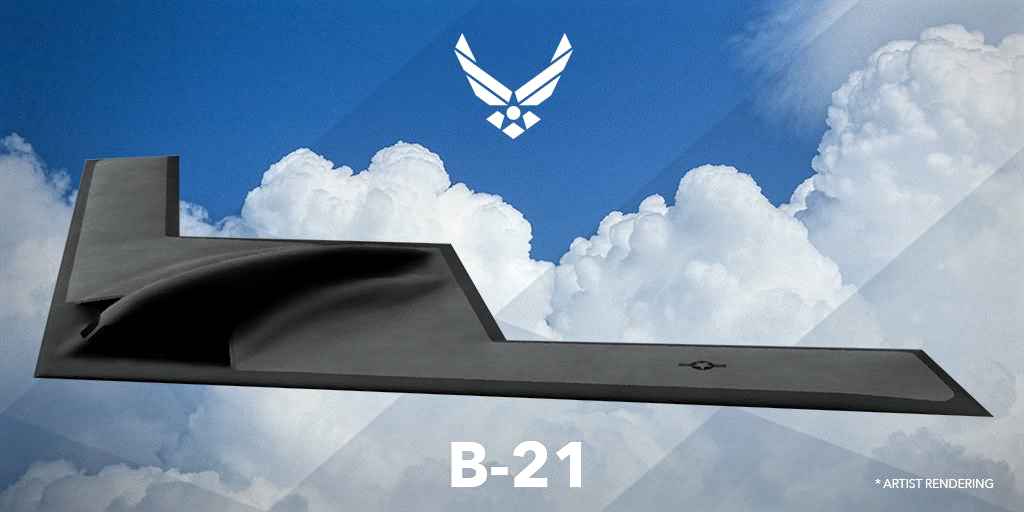
- Country of Origin: United States
- Role: Strategic Stealth Bomber
- Career: 2015+
Bidding has concluded for a concept of a next generation long range stealth bomber program to replace an aging fleet of B-117s and B-2s. Long range stealth bombers are maintained in the fleet because they are able to evade radar detection, fly at extremely high altitudes, and deliver nuclear ordinance on a target before air defense can be scrambled. The B-21 program looks surprisingly like the B-2 Spirit but promises to bring 21st century technology to increase the B-2’s avionics suite. There is little information publicly available that can be confirmed about this aircraft other than its funding is shrouded in secrecy. However, it promises to be the talk of the avionics water cooler for quite some time.
McDonnell Douglas AV-8B Harrier II
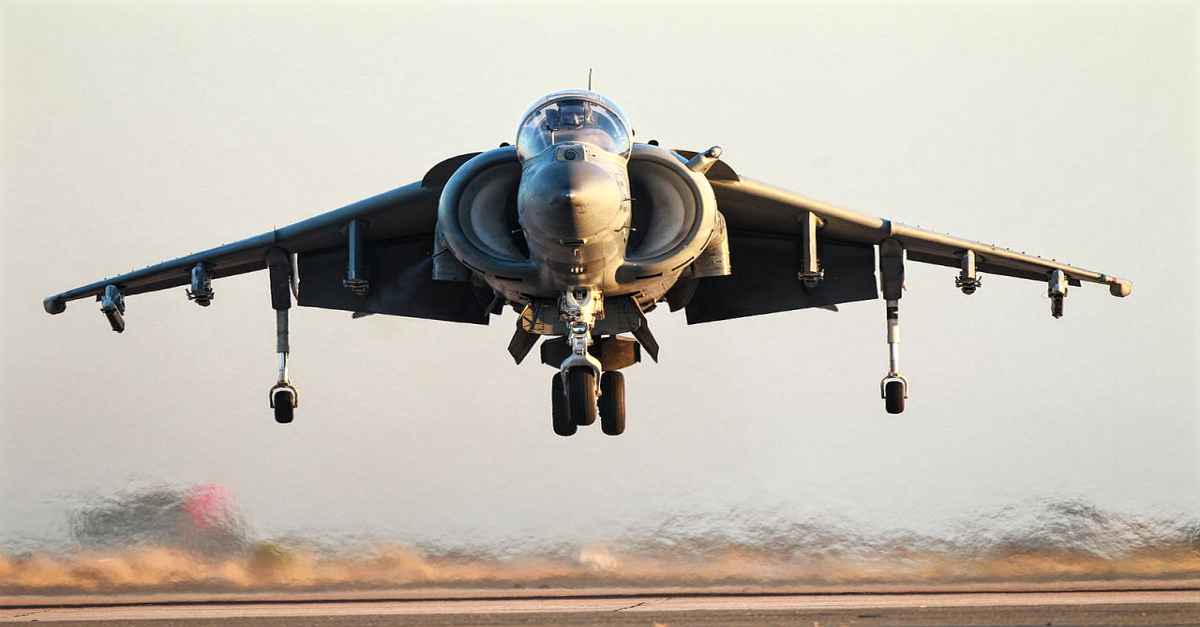
- Country of Origin: United States & United Kingdom
- Role: Ground Attack
- Career: 1985 – PRESENT
Retired from service from the Royal Air Force of the United Kingdom just recently, the AV-8B Harrier II represents a pivotal leap in aeronautical engineering. Capable of Vertical Take-Off and Landing (VTOL), the Harrier family of jump jets provided great close air support options and ground attack options for the United States Marine Corps and British Royal Air Force for almost twenty years. Harriers served with distinction in the Persian Gulf War and continued to serve a critical role in the War on Terror in Afghanistan and Iraq. They are slated to be replaced by the F-35B once that platform is ready to fill the deep boots of America’s first active jump jet.
Lockheed-Martin F-22 Raptor
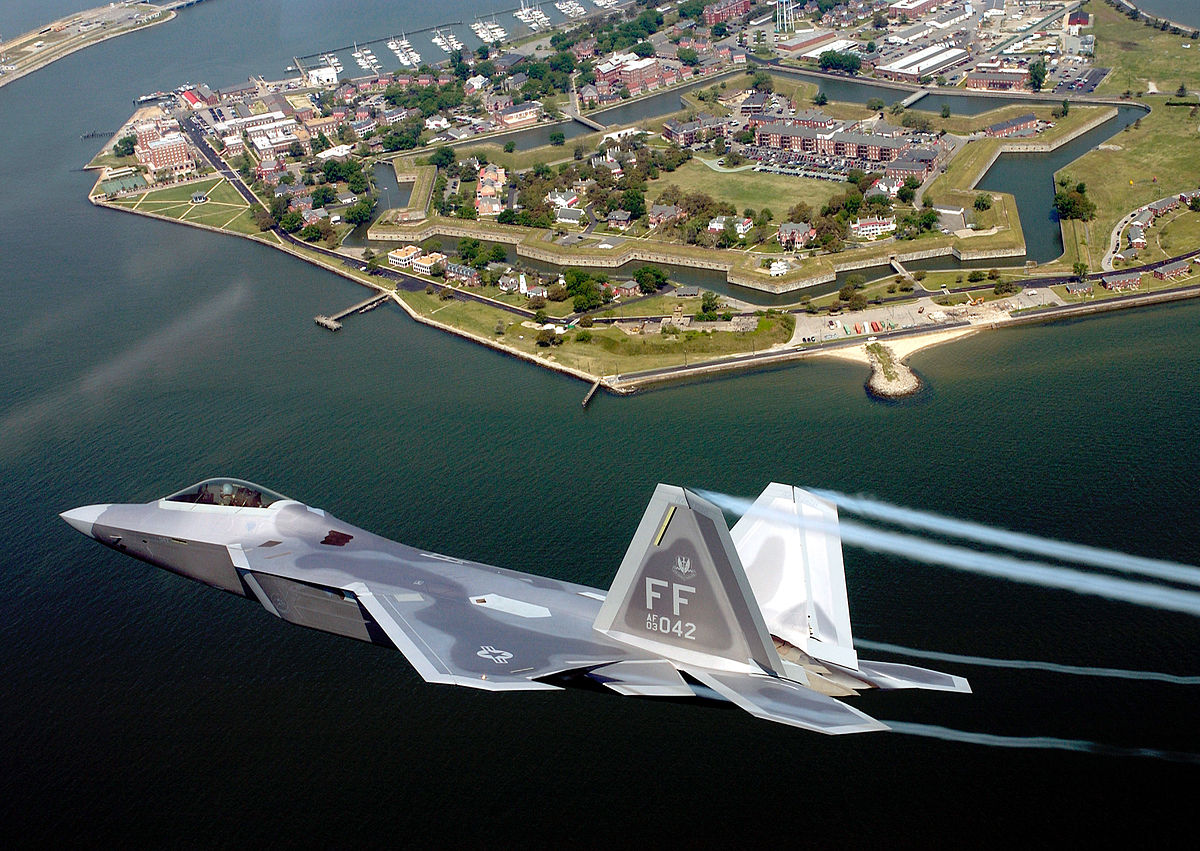
- Country of Origin: United States
- Role: Stealth Air Superiority Jet Fighter
- Career: 2005+
There’s nothing more terrifying for enemy aircraft than suddenly watching F-22 Raptors appear at close range. That’s because with this new generation of fifth generation stealth aircraft, radar cross section is extremely minimal. These Raptors have been mired in controversy and revision after revision, but they made it to the fleet on schedule. With a maximum speed of Mach 2.2+ and unrivaled technology, the F-22 Raptor has gained a reputation as one of the coolest military aircraft in existence – despite limited action in the field. As the aircraft matures in the fleet and works alongside a forthcoming F-35, it will undoubtedly hit its own stride and take over for an existing fleet of F-16s.
Eurofighter Typhoon
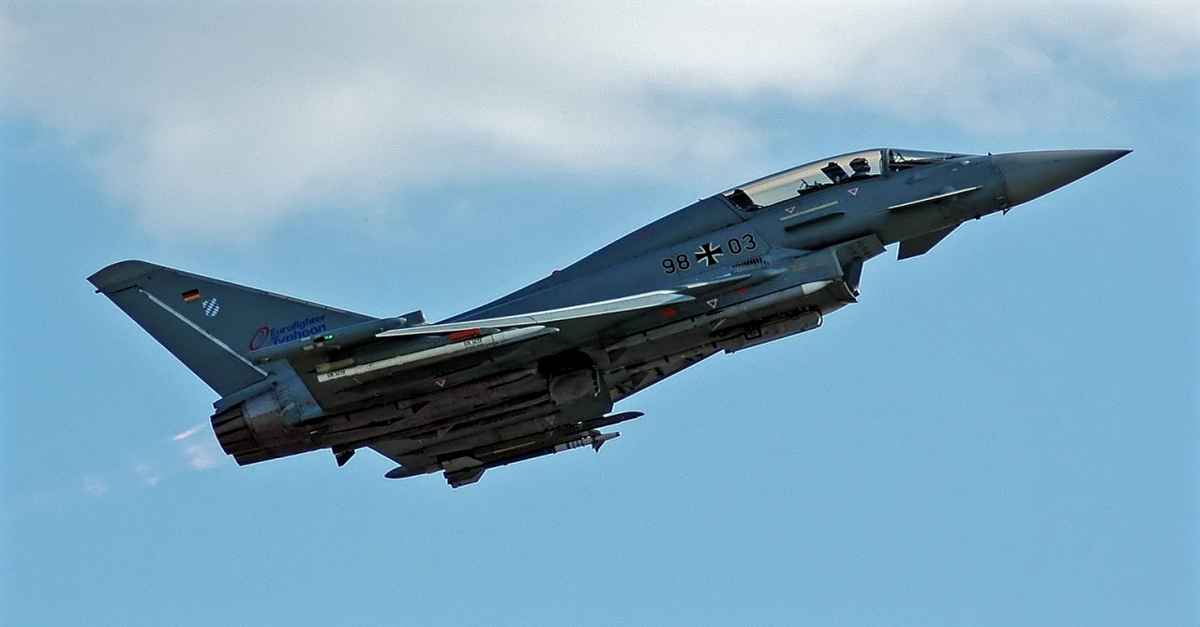
- Country of Origin: Germany, France, United Kingdom
- Role: Multi-role Jet Fighter
- Career: 2003 – PRESENT
When Western Europe realized they needed a next generation fighter aircraft that could handle air superiority as well as an increasingly complex electronic warfare environment, it teamed up to design the Eurofighter Typhoon. The design is extremely similar to the Swedish Saab Gripen and France’s Rafale. It’s a Mach 2 class fighter that can work over land as well as sea and promises to be Europe’s answer to a fifth generation of multi-role stealth aircraft being released by neighboring powers.
Tupolev Tu-160 White Swan aka “Blackjack”
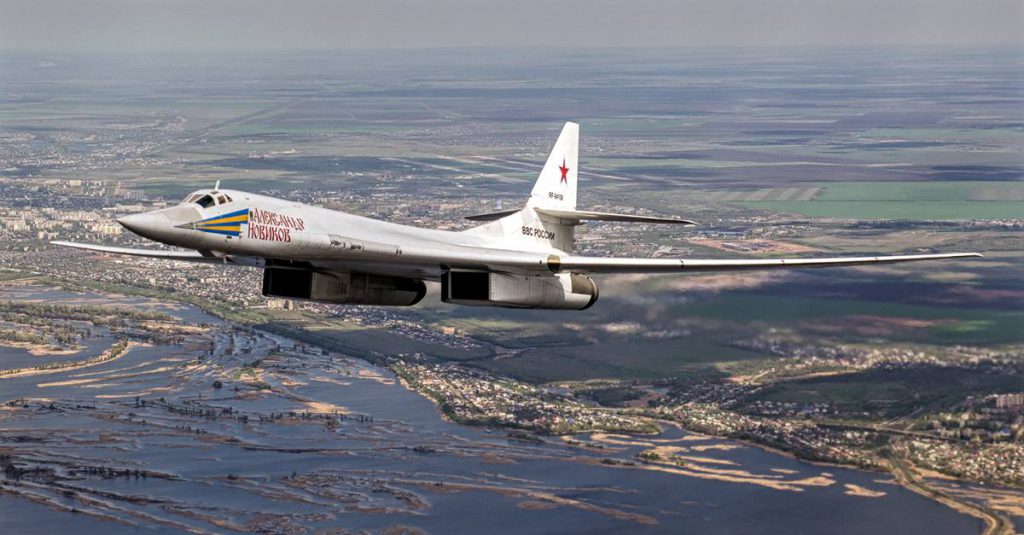
- Country of Origin:CRussia
- Role: Strategic bomber
- Career: 1987 – PRESENT
First witnessed in its present form in 2005, Russia’s Tu-160 supersonic strategic bomber was first released right before the fall of the Soviet Union in 1987. It was meant to be a long range strategic bomber capable of nuclear deterrence options even as the Cold War was falling apart. Similar wing design as the F-14 Tomcat, it had retractable wings which could be extended to change the aerodynamic posture of the Tu-160. The Tupolev Tu-160 could hold up to 88,000 lbs of ordinance, making it a menace to radar operators who saw it on an approach vector. As of 2016, Russia maintains a fleet of 16 of these bombers capable of traveling half-way across the world before refueling.
Boeing AH-64 Apache
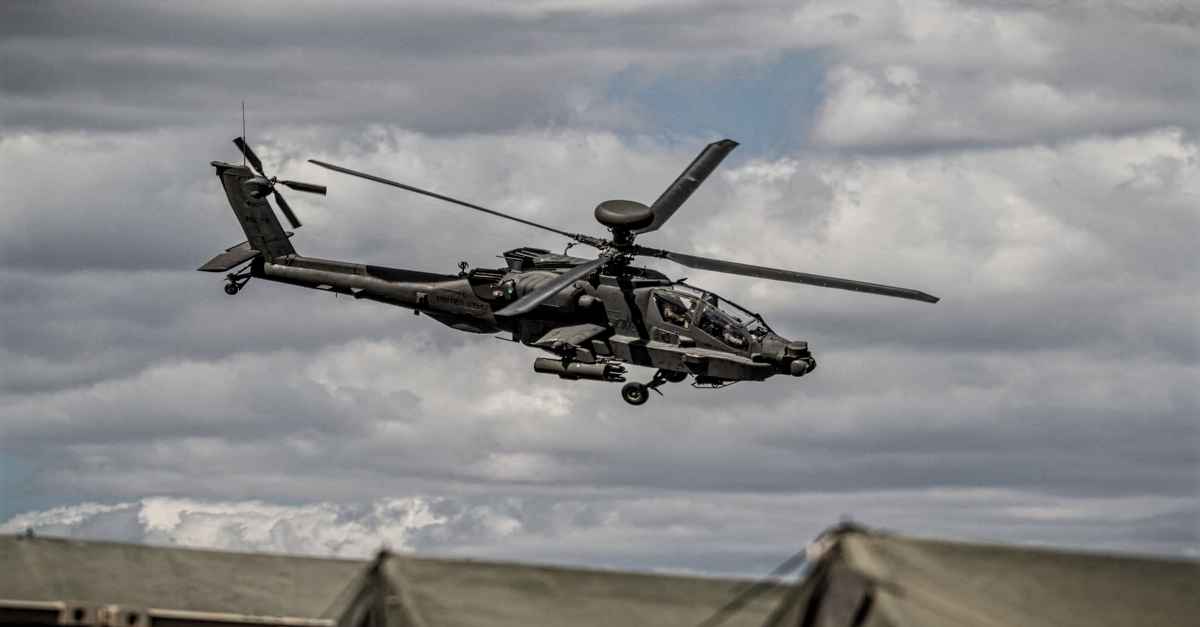
- Country of Origin: United States
- Role: Attack Helicopter
- Career: 1986 – PRESENT
Designed to replace an aging fleet of AH-1 Cobras, the AH-64 Apache helicopter revealed some fancy new technology such as helmet-mounted aiming and advanced avionics. The Apache quickly replaced many of the U.S. Army’s attack helicopters and were credited with successful combat missions beginning with the Persian Gulf War. The Army continues to hold a monopoly on these attack helicopters, leaving an aging fleet of Cobras to be revamped into Super Cobras. Capable of flying up to 227 mph and a combat effective range of 300 miles, this attack helicopter has become a fear for enemy ground forces.
HAL Tejas
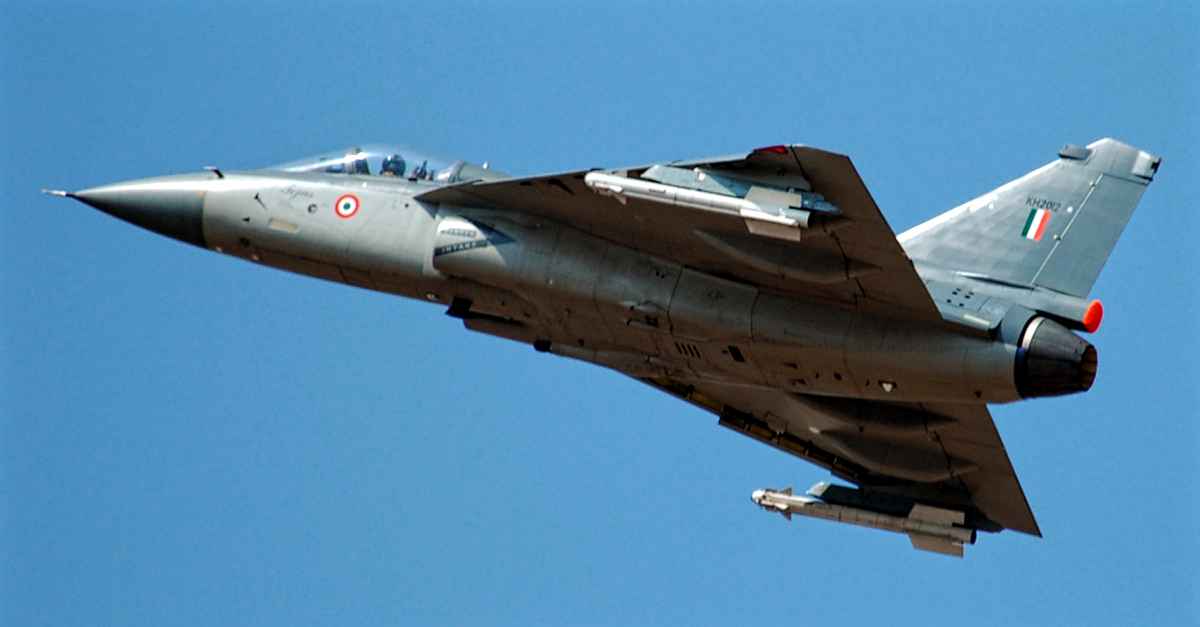
- Country of Origin: India
- Role: Multi-role Jet Fighter
- Career: 2015+
India’s advancing air force required a lightweight aircraft capable of taking on a wide range of missions. An aging fleet of former Soviet MiGs was not going to pass muster in the 21st century. That’s why, starting in 2015, the HAL Tejas is being released to squadrons across India’s Air Force. It can approach close to Mach 2 and maintain an effective combat range of 311 miles – adequate for patrolling contested air. This single-seat jet fighter is the future of the Indian Air Force’s projected air power. In terms of technology, it appears to be somewhere between a French Rafale and an American F-16.
Shenyang J-31 aka “Falcon Hawk”
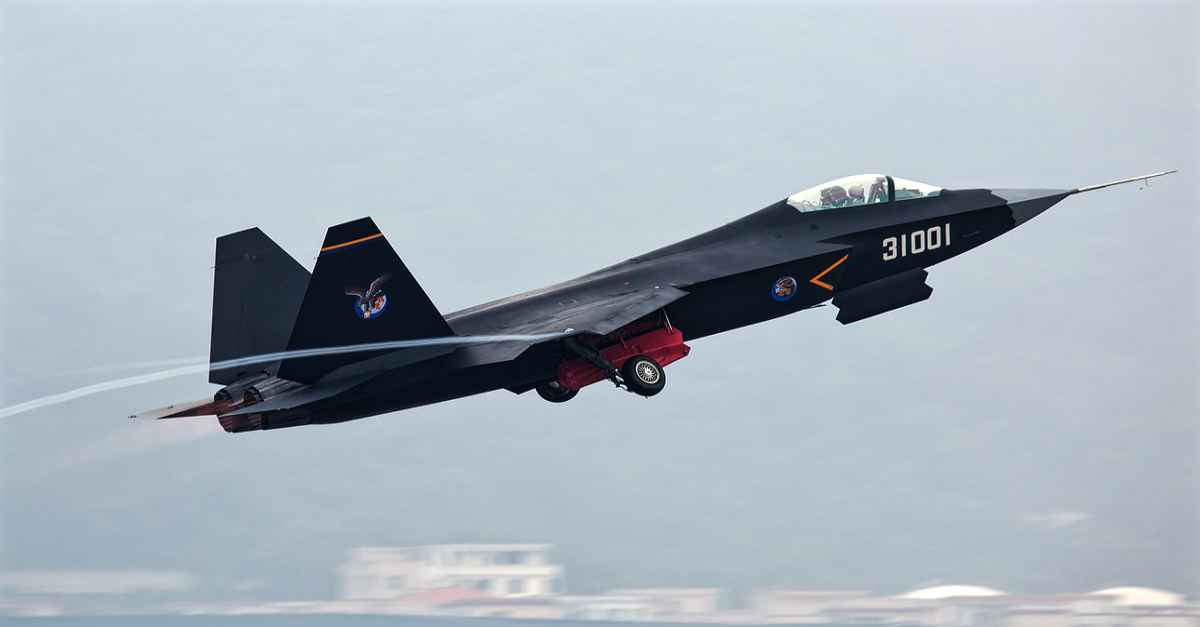
- Country of Origin: China
- Role: Stealth Multi-role Jet Fighter
- Career: 2018+
China is claiming that it’s a next generation stealth jet fighter, Western avionics experts have widely speculated as to the aims of the J-31 Falcon Hawk or Snowy Owl. During a recent air show featuring the J-31, it appeared to need to kick on afterburners to keep altitude. However, Chinese authorities seem more poised on selling this stealth aircraft to other countries. It is confirmed to have a greatly reduced radar cross section than normal fourth generation multi-role fighters in its class. The J-31 may be an affordable way for countries to quickly compete against a new generation of stealth jet fighters.

